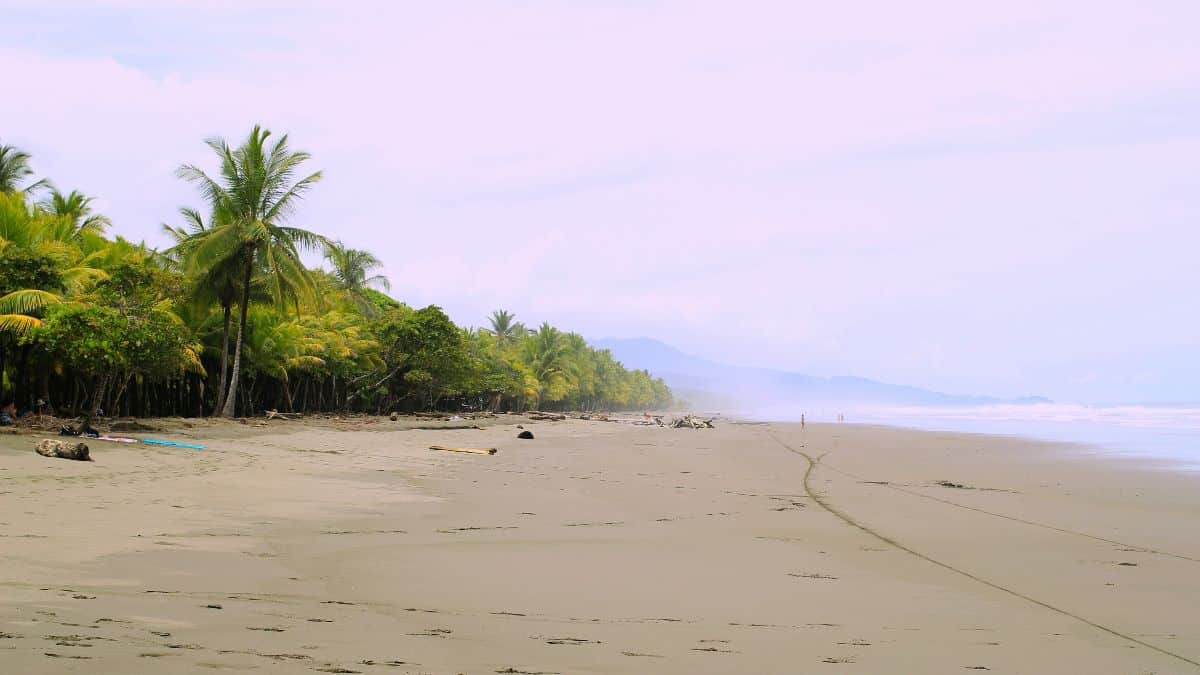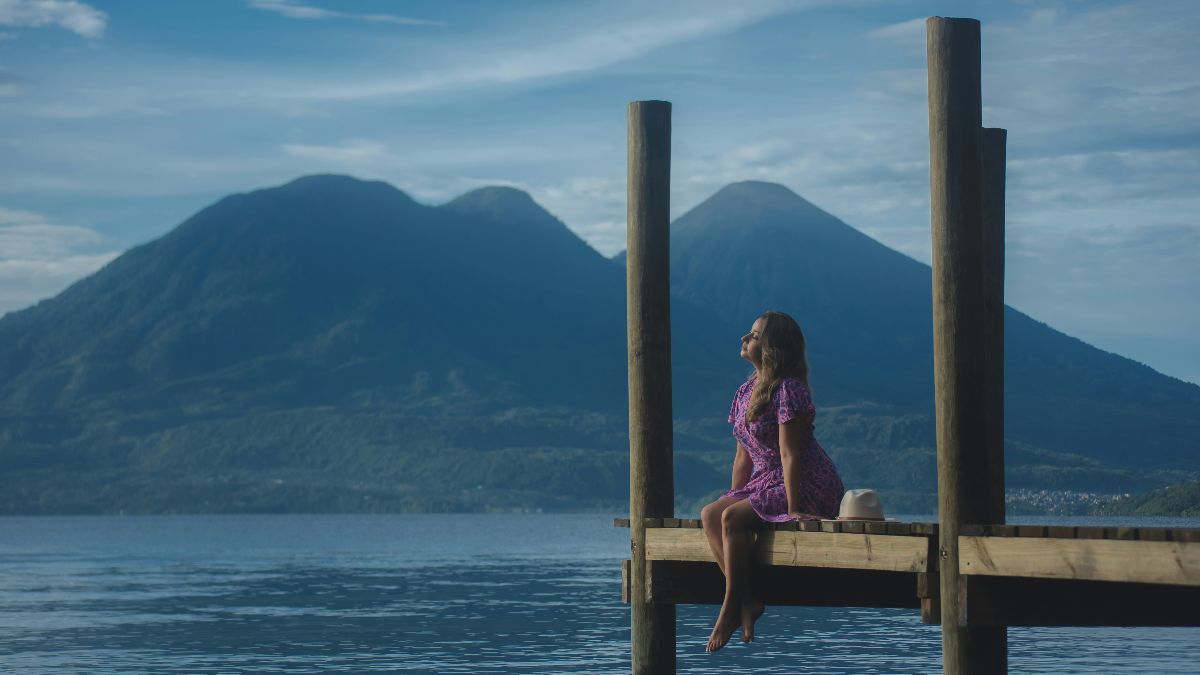The Costa Rica remote worker bill is on its way! It’s been a while coming, but today the Costa Rican legislature approved Bill 22215, introduced in September 2020 by PLN diputado Carlos Ricardo Benavides. It will now head to President Carlos Alvarado’s desk for signing into law.
“The objective of this law is to promote the attraction of remote workers and service providers to encourage long-stay visitation in Costa Rica, and increase spending on resources of foreign origin in the country.“
That’s what it says in the first paragraph of the bill, which passed through the legislature’s second debate today. 34 diputados voiced their approval for the bill. The bill passed through its first debate on June 28 with 41 diputados approving the passage.
34 diputados aprueban plan para atraer nómadas digitales – https://t.co/Qx2H0wBty4
— CRHoy.com (@crhoycom) July 14, 2021
Carlos Benavides, the bill’s sponsor, expanded a little more on Twitter.
“At last we will be able to compete on favorable terms to attract digital nomads from around the world,” he said. “We are going to generate many millions of dollars annually for our population, distributed throughout the country.”
Once signed into law by President Alvarado, the remote worker bill will allow digital nomads to live in Costa Rica for up to a year without having to leave the country every three months, a process known to many expats as a visa run.
They can then extend for another year if they’ve spent at least six months of the first year in Costa Rica.
To qualify for legal status in Costa Rica under the new law, the remote worker will have to, according to the bill’s wording, “provide paid services remotely, subordinate or not, using computer, telecommunications or similar means, in favor of a natural or legal person who is abroad, for which he receives a payment or a remuneration from abroad.”
That basically means you don’t need to work for yourself (you can work for a company) as long as you earn your money outside of Costa Rica.
Aprobado en segundo debate. Por fin podremos competir en condiciones favorables por la atracción de Nómadas Digitales del mundo entero. Vamos a generar muchos millones de dólares anuales para nuestra población, distribuidos por todo el país. Producción y empleo! ✅✅✅ pic.twitter.com/tF3JtnbPLl
— Carlos Ricardo Benavides (@CRBenavidesJ) July 14, 2021
The minimum monthly amount you earn to be eligible to live in Costa Rica under the bill is $3,000 a month if you’re alone.
If you’re coming with dependents, the minimum monthly earnings goes up to $4,000 a month.
Dependents are, under the bill, your spouse or common-law partner, children under the age of 25 (or any age, if said children have a disability) and any senior citizens who may live with you. You must also buy health insurance to cover you and your dependents throughout the duration of your stay. This insurance can be bought in your own country and doesn’t need to be through the INS.
It’s worth pointing out here that the bill makes no mention of allowing you to forgo the health insurance if you’re vaccinated against Covid-19, as is the case with tourists from August 1. The exact wording of the bill says you must “Obtain a medical services policy that covers the applicant for the entire duration of your stay in the country.”
It goes on to say that the Immigration Department will determine the minimum coverage the policy must have. So that’s still up in the air at the moment. The bill also mentions a to-be-determined one time fee to pay for the granting of the visa. Again, we’ll see what happens with this.
Other benefits available to remote workers coming to Costa Rica under the new law include not being taxed on your earnings while staying in Costa Rica, and an exemption on any customs duty for work equipment (computers, etc.).
Remote workers can also use their foreign licenses for the duration of their time in Costa Rica. This marks a massive change from the usual driving laws for foreigners, whose licenses are only good for three months at a time.
Panama becomes the first country in Central America to initiate a visa for digital nomads and remote workers. https://t.co/ywVzmyfEz1
— CentralAmericaLiving (@VidaAmerica) May 24, 2021
Costa Rica is now the second country in Central America to approve a remote worker bill to attract digital nomads.
Panama approved a similar bill in May, allowing remote workers to live long-term in that country. Panama’s law also requires a minimum earning of $3,000 a month or $4,000 for families.
Both Costa Rica and Panama hope these bills will boost their tourism industries, struggling during the Covid pandemic.
Speaking today, Tourism Minister Gustavo Segura called the bill’s passing a “breath of hope” for tourism in Costa Rica.
James Dyde is the editor of centralamerica.com. He lives in Escazu, Costa Rica.




